China's approval of a major regulation on rare-earth elements is of strategic significance in promoting the sector's green and high-quality development, amid rising demand for these raw materials in emerging industries such as new energy vehicles, industry experts and company executives said on Sunday.
Their comments came after the country approved on Saturday its new regulation on mining, smelting and trading of rare-earth metals and alloys, which are chemical elements indispensable to low-carbon technologies, such as the production of electric vehicles, as well as in the manufacturing of smartphones and other advanced high-tech products.
The regulation, issued by the State Council, China's Cabinet, said the country will encourage and support the research, development and application of new technologies, products, materials and equipment in the rare-earth industry.
The Chinese government will make "unified planning" for the development of the rare-earth sector, and pay equal attention to the protection of resources and the development and utilization of such resources, according to the new regulation, which will take effect on Oct 1.
Ge Honglin, Party secretary and president of the China Nonferrous Metals Industry Association, said that rare-earth elements, often referred to as "industrial vitamins", are crucial raw materials for high-tech industries and the national defense sector.
"China's rare-earth industry faces challenges in areas such as protective resource development, original technological innovation and industry order regulation," Ge said, adding that the new regulation addresses these challenges.
China has been making significant contributions to meeting domestic and international demand for these crucial chemical elements, which in turn is creating considerable pressure on the country's natural resources, Ge said.
Last year, China accounted for about 60 percent of global rare-earth mining and close to 90 percent of processing and refining, according to the International Energy Agency.
The new regulation underscores the need for protective resource development and calls for planned utilization of rare-earth elements, in order to drive green and high-quality development of the sector, Ge said.
The regulation also outlined punitive measures for illegal mining of rare-earth elements. Such materials belong to the country and any organization or individual trying to acquire these through illegal means will be punished, it said.
A rare-earth element tracking system has been proposed in the regulation. Companies involved in mining, smelting and separation of rare-earth elements, as well as in the export of products made with the help of such elements, will now have to establish a system to record the flow of their products.
Liu Peixun, deputy general manager of Baogang Group, one of the world's largest production and research bases for rare-earth elements based in North China's Inner Mongolia autonomous region, said it was the first time that the country was regulating the development and utilization of rare-earth resources through legislation, which will be a "milestone" regulation for companies.
"Inspired by such efforts, our company will strive to make the process of rare-earth production more eco-friendly, make related equipment smarter and upgrade related technologies, in order to increase the added value of rare-earth products," he said, noting that the company sincerely supports China's industrial transformation.
Liu added that Baogang Group is also stepping up efforts to help build a national-level trade center for rare-earth elements.








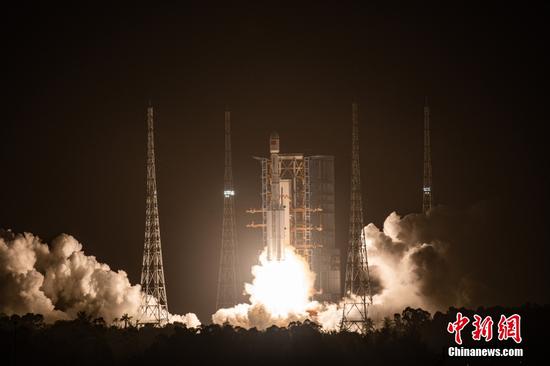

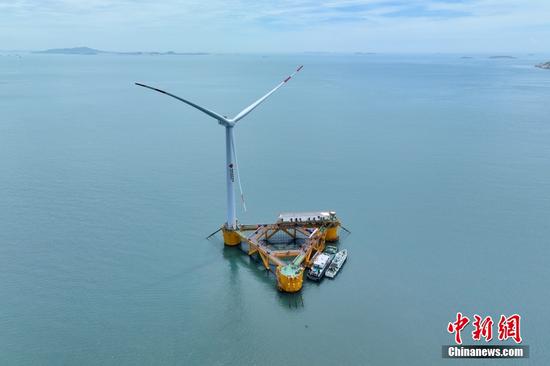
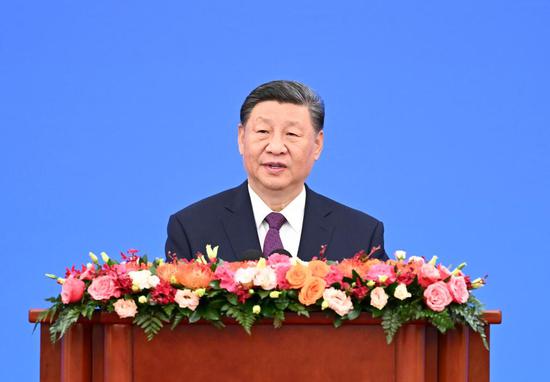
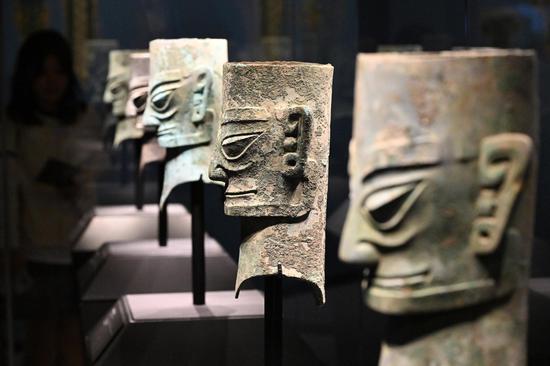
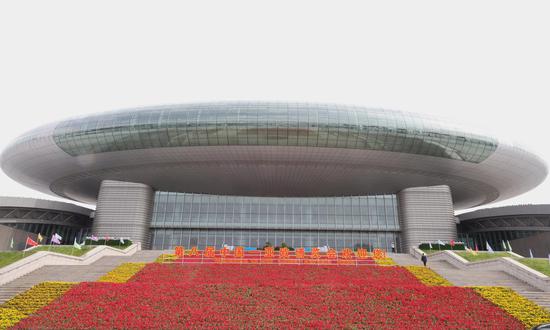
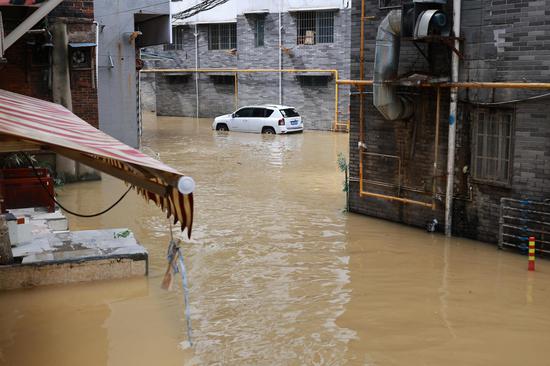



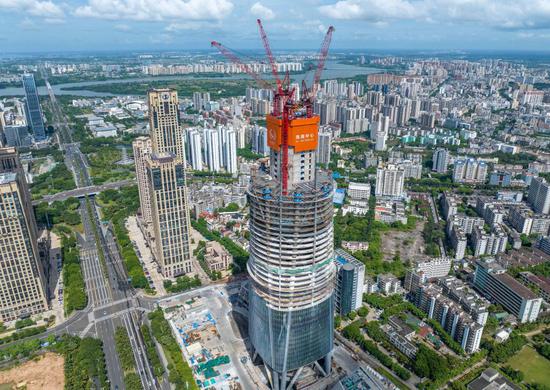
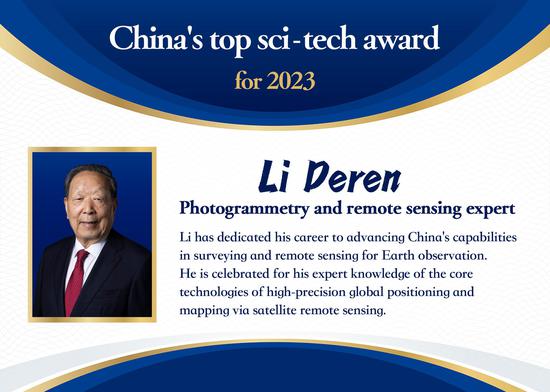


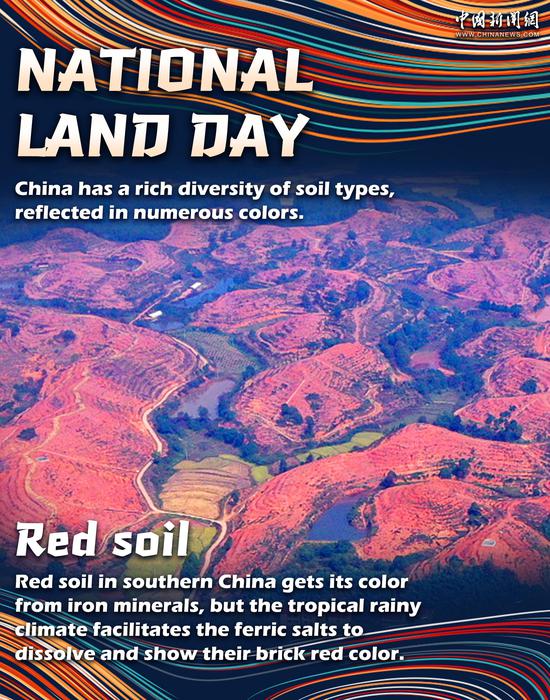
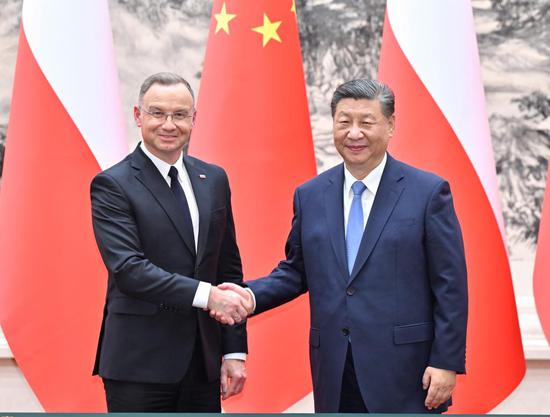

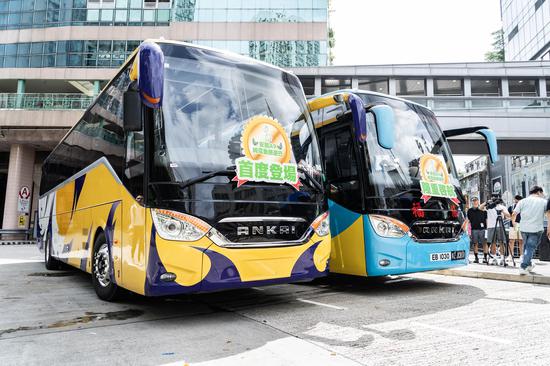



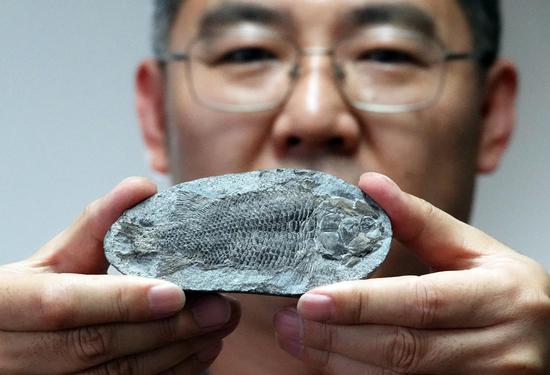
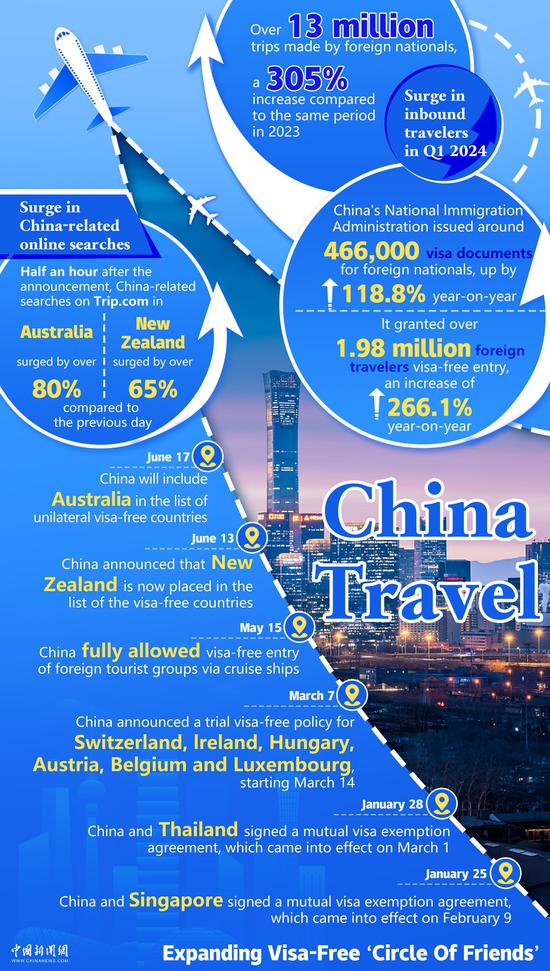



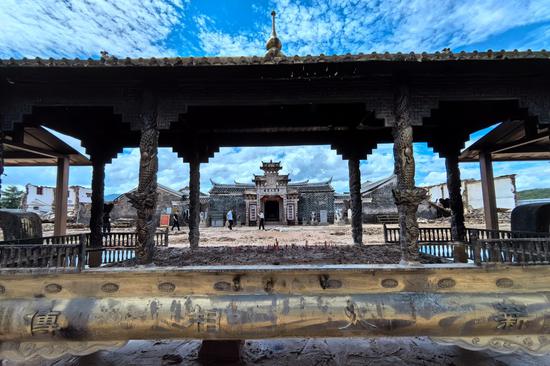
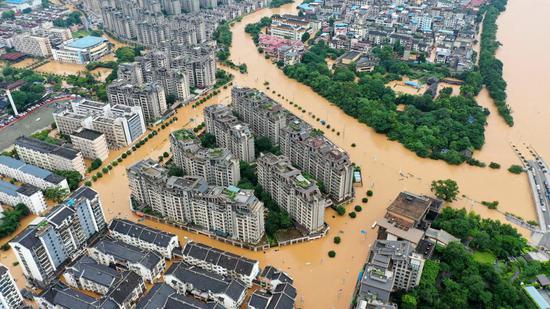

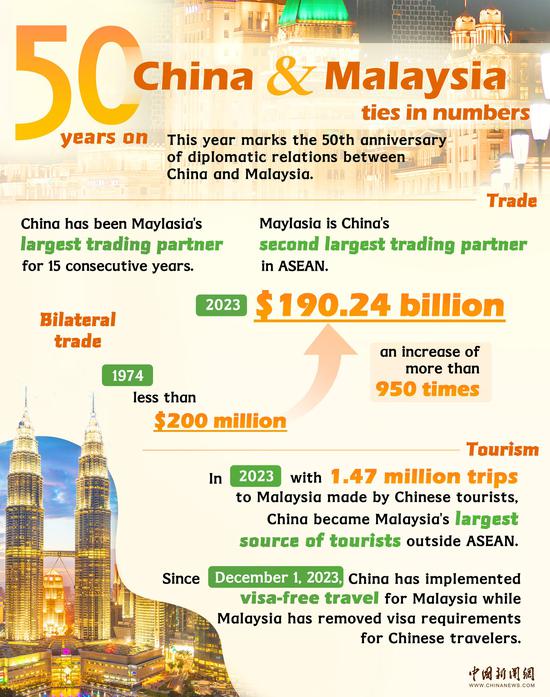
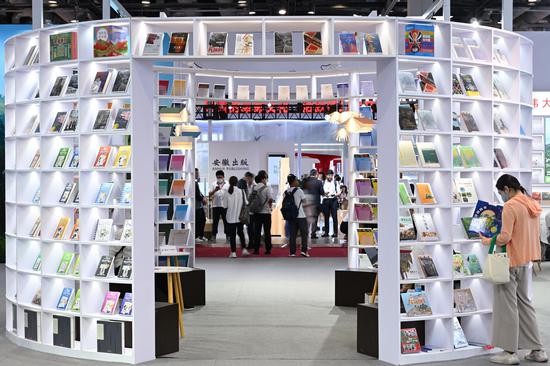
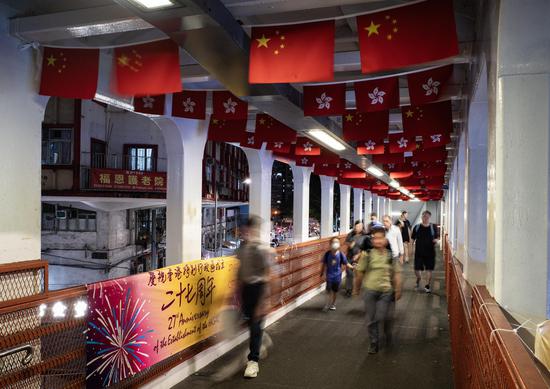
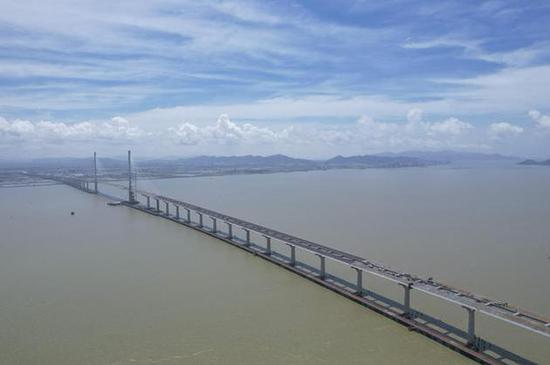

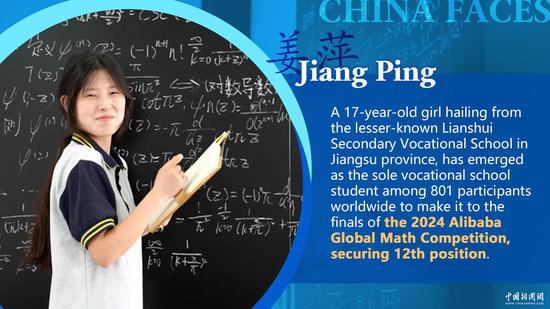
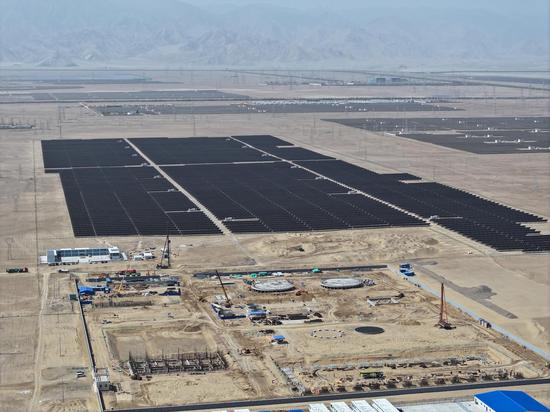


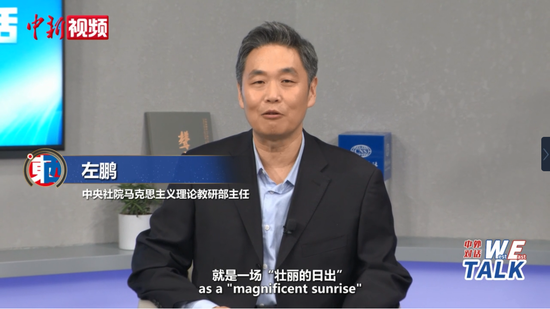



 京公网安备 11010202009201号
京公网安备 11010202009201号